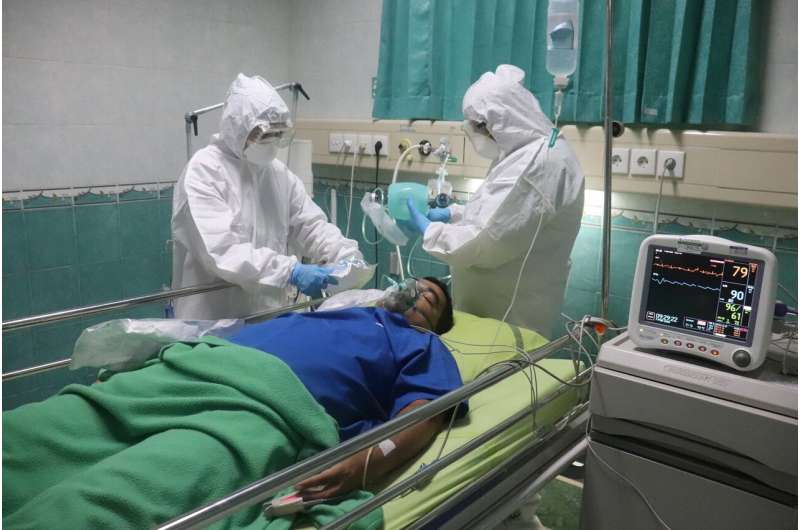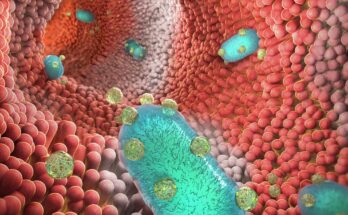
As the toll from the COVID-19 pandemic continued to mount, antiviral medications such as Paxlovid were hailed by health officials as an important way to reduce the risk of severe illness or death.
Yet the drugs have remained underused, studies have found. In Boston, a group of researchers wanted to know why—and what could be done about it.
Their new findings, published Thursday by the U.S. Centers for Disease Control and Prevention, suggest that some vulnerable patients were not offered the prescription medicines at all, and that doctors need more education to make sure the drugs get to patients who could benefit.
Researchers from the VA Boston Cooperative Studies Program delved into records from the Veterans Health Administration to look more closely at what happened to high-risk patients who never got Paxlovid, remdesivir or molnupiravir. They focused on 110 patients who received organ transplants or had other medical conditions such as chronic lymphocytic leukemia that were likely to leave them immunocompromised and thus at greater risk from COVID-19 despite being vaccinated.
Their analysis in the CDC’s Morbidity and Mortality Weekly Report found that 20% of those patients turned down the drugs when they were offered. But the remaining 80% of patients were never offered such treatment in the first place.
In some cases, medical providers decided not to give patients the COVID-19 drugs because they were worried about how they could interact with other medications patients were already taking, including cholesterol-lowering statins and a drug used to reduce the risk that a transplanted organ would be rejected. In other cases, doctors demurred because their patients had experienced COVID-19 symptoms for more than five days beforehand, beyond the recommended window for getting Paxlovid.
Despite public alarm about “Paxlovid rebound,” in which symptoms recur after treatment, none of the medical records noted it as a reason not to give the drug, the study found. But in almost half of the cases in which people weren’t offered the medication, no reason was given by medical providers other than patients having mild symptoms, the researchers found.
But people with mild symptoms early in their illness are “exactly the target group for getting the treatment,” said Dr. Paul Monach, who heads the rheumatology section at the Veterans Affairs Boston Healthcare System and was the study’s lead author.
The drugs are recommended for people with mild-to-moderate COVID-19 who are at high risk of severe illness due to their age or medical conditions—the same kind of patients that the Boston researchers were scrutinizing. The CDC urges doctors to treat high-risk patients within five days rather than waiting for their symptoms to worsen.
More information:
Paul A. Monach et al, Underuse of Antiviral Drugs to Prevent Progression to Severe COVID-19—Veterans Health Administration, March–September 2022, MMWR. Morbidity and Mortality Weekly Report (2024). DOI: 10.15585/mmwr.mm7303a2
2024 Los Angeles Times. Distributed by Tribune Content Agency, LLC.
Citation:
Here’s why some high-risk patients aren’t getting drugs to combat COVID (2024, January 25)
retrieved 25 January 2024
from https://medicalxpress.com/news/2024-01-high-patients-drugs-combat-covid.html
This document is subject to copyright. Apart from any fair dealing for the purpose of private study or research, no
part may be reproduced without the written permission. The content is provided for information purposes only.
Source link




